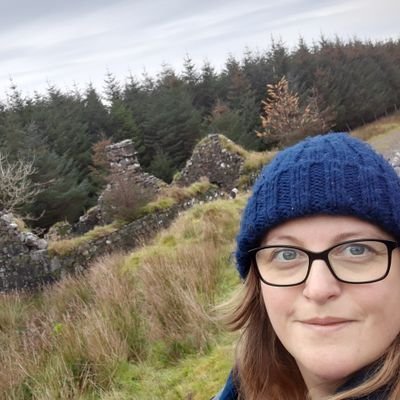Here below you can find all master courses the University Centre offers. All courses are taught in 1-3 week modules running from August through June. See how the courses are organised in the teaching schedule for both programs. Usually 2-3 courses are taught at the same time, but students may only enroll in one course at a time.
The master courses are available to you whether you plan to pursue a degree or just take a course or courses. Please review the options for guest studies to determine how you can apply.
For further information, contact the Administrative Director of Education and Teaching.
Public Policy Making – From idea to realization
- Autumn 2026
- Instructor: Kirsten Gow
About the course
The course gives students an insight into the process of how an idea or a need for public intervention could turn into policy in practice. The policy-making process is studied with a focus on agenda-setting theories, i.e. how an issue gets onto the government agenda and what explains that sometimes an issue becomes realized but sometimes not. It also covers different aspects of the public policy process, problem definition, agenda setting, policy formulation, implementation and accountability. Competing views and interests are considered regarding efficiency, equity, individual freedom, and social cohesion when defining public policy objectives. Students gain insight into the methods the government employs to reach its goals by covering the various tools of government.
The teaching is conducted through lectures, interactive sessions and a field trip. The real-life examples that are discussed in relation to the policy-making process are centered on regional and local development with special attention to the challenges of coastal communities.
Instructor
Kirsten is an islands-based researcher specialising in island and rural settings. Her PhD examining diaspora and return migration in Scotland's islands is built on a career which involved supporting grassroots community projects across rural and island areas in Scotland. She has previously acted as a dissertation advisor on the Coastal Communities and Regional Development programme.
Throughout both her academic and non-academic career Kirsten has worked with communities and governments at all levels to create, design, and evaluate policy. Within her PhD this included developing Gow's Typology of Scotland's Islands into the official Scottish Government Scottish Islands Typology to help policy makers and others better understand the island context and the potential impacts of their work. More widely, Kirsten has played an active role in co-ordinating local responses to regional and national policy proposals; worked with organisations such as Rural Housing Scotland and the Scottish Islands Federation to advocate for island and rural communities; provided evidence to government on rural and island policy; and been a member of the policy committee of the European Small Islands Federation. Kirsten is co-convenor of the New Voices in Island Studies network.

Learning outcome
On completion of the course a student:
- has the ability to relate regional and rural policy to a global perspective.
- can identify the main theories in the field of public policy, describe the various stages of the public policy-making process and explain how it operates.
- can identify and describe the main competing views and interests within the various sectors in society in which public policy play a role.
- can identify and define the main policy actors in the policy-making process
- can compare different characteristics of the various tools of government and contrast them while evaluating their impact on the economy and social behavior.
- has the ability to present and explain findings from the scientific literature and policy documents and discuss them with peers.
- has developed their critical thinking, written and verbal communication skills.
Prerequisites: No prerequisites registered for the course
Assessment: written assignments 75%, in class presentation 15%, participation 10%
Final Exam: Assignment